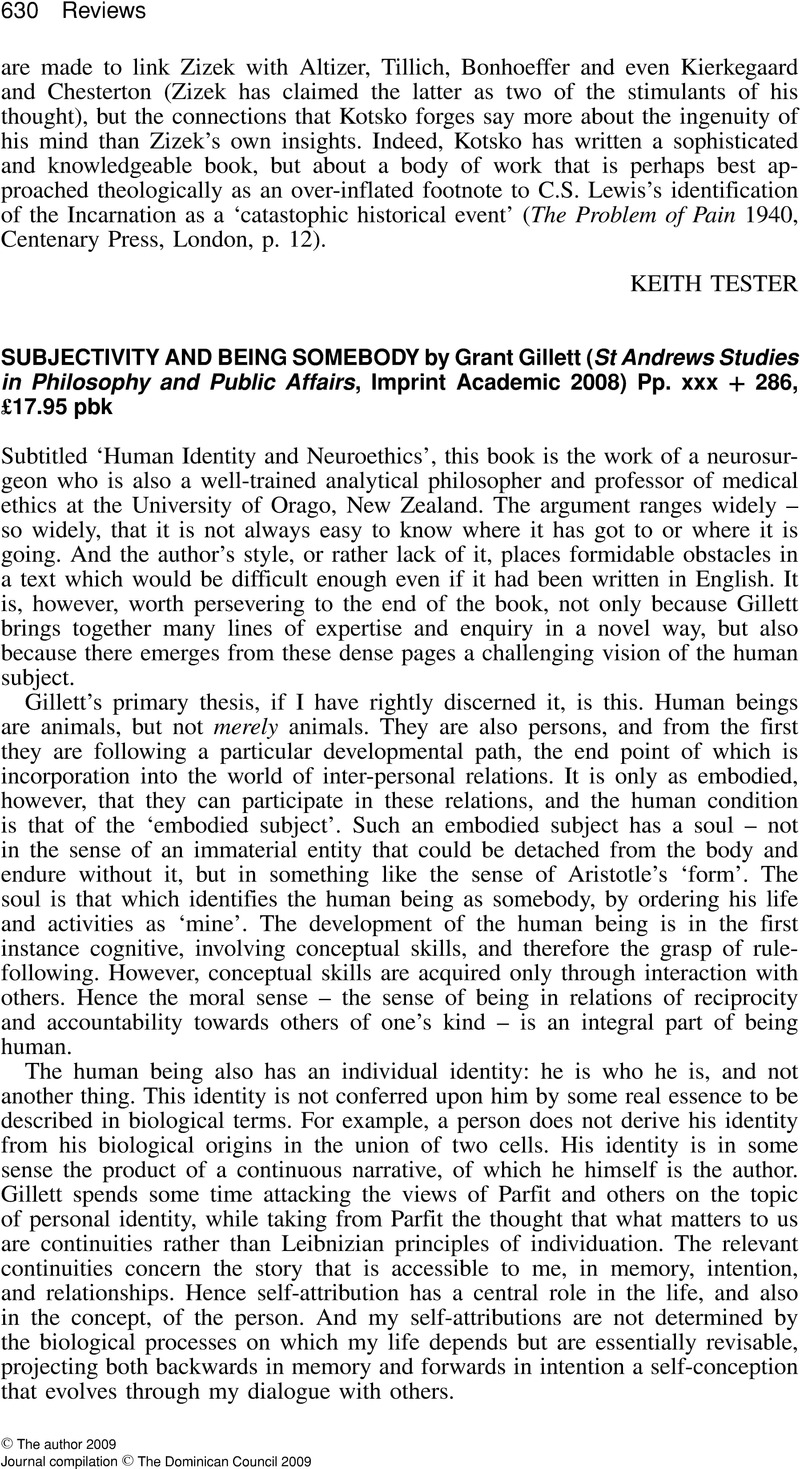Crossref Citations
This article has been cited by the following publications. This list is generated based on data provided by Crossref.
Vidal, Fernando
2019.
What makes neuroethics possible?.
History of the Human Sciences,
Vol. 32,
Issue. 2,
p.
32.



